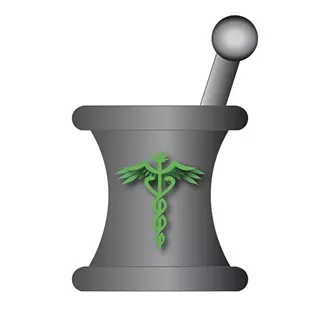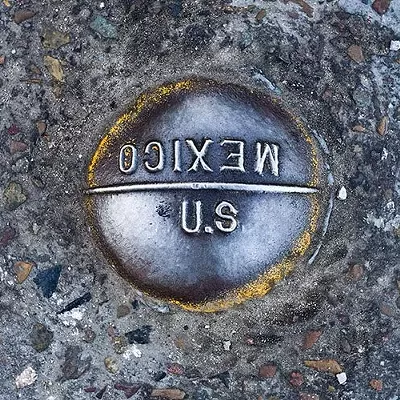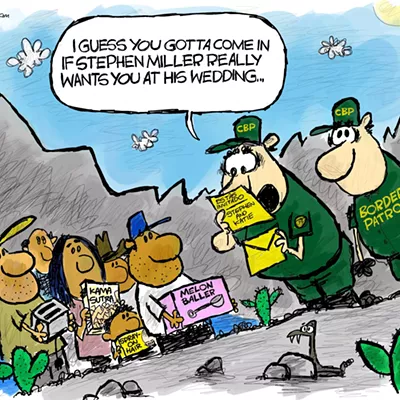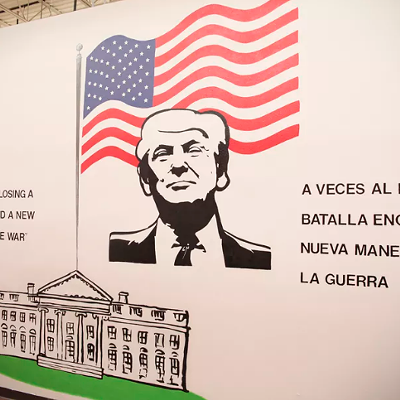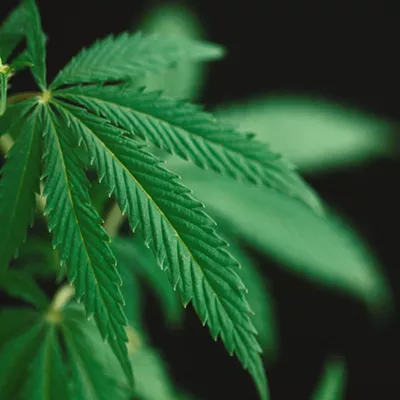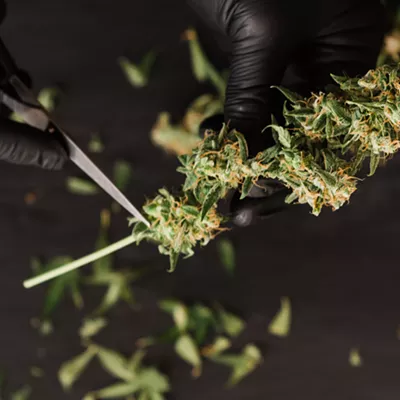There was a time in Arizona when federal law was king.
Until Valentine's Day 1912, when the Arizona Territory became the great state of Arizona, we didn't have a Legislature and, thus, didn't have state law. Since we didn't have state laws, we didn't have state police to enforce them.
Pretty much all we had was Uncle Sam.
Well, things have changed now—in most ways for the better—and we have our own state laws and our own state police force and, ostensibly, our own way of life.
Not so fast, Bucko. Having your own state with its own laws doesn't necessarily mean you get your own way of life.
Medical-marijuana caregiver Jimmy Moffitt and his wife and patient, Dianna, learned that the hard way recently, when the Tucson couple was harassed into submission by Border Patrol agents.
The couple was visiting Jimmy's ill father in Yuma, and decided to head to El Centro to get the elderly man a meal at a favorite restaurant. Dianna, who suffers from cramps and a poor appetite from irritable-bowel syndrome, had a tiny jar of MMJ in her purse.
When they got to the Border Patrol checkpoint at the California state line, they saw a drug-sniffing dog. The dog—perhaps having more sense than the agents handling it—didn't even flinch as their car rolled by. A few yards beyond that, there was another agent, who started asking questions.
Are you U.S. citizens? Yes.
Do you have anyone in the car who isn't a U.S. citizen? No.
Does anyone in the car have any MMJ on them? Screeching halt. At this point, the fun began.
Dianna admitted having about 2 grams of medical marijuana in her purse, which she had planned to discretely use to spark her appetite before lunch. The agents searched the rental car, finding nothing but the MMJ that Dianna freely admitted having. The Moffitts kind of thought the agents would leave them alone.
They knew that taking the MMJ across a state line was an infraction on a par with a parking ticket, but they hoped the Border Patrol would stick to enforcing federal law.
Not. An agent transferred the MMJ from Dianna's little jar to a baggie, then told the Moffitts they could toss the bag in the trash and leave, or he would call the sheriff's department and have them cited for possession. The fine would have been $100.
"He wasn't enforcing federal law. He never cited federal law; he only cited California law," Jimmy said.
The couple, who actively supported MMJ in California from the start and have done the same since moving to Arizona, didn't feel like the agents were trying to help anyone.
"I kind of felt violated. I felt like they were trying to intimidate me," Dianna said.
Jimmy and Dianna are bothered by the incident for what it represents, not what it was. They were never arrested—only threatened.
"It was a minor problem. It wasn't a big deal. It was more of an inconvenience," Jimmy said.
The Border Patrol agents took the low road, arrogantly refusing to give their names and covering their name tags when the Moffitts approached. The incident left the couple frustrated and disappointed.
"Why is a law-enforcement officer making a medical decision by the side of the highway?" Jimmy wonders. "You wouldn't take Vicodin from a patient who's in pain. You wouldn't take insulin from a diabetic. So why would you take this?"
Good question.
The Border Patrol by definition is there to protect our borders. The agents aren't there to enforce state laws or local ordinances or Robert's Rules of Order. It's interesting that the agents didn't ask about any other substances—no one asked if the Moffitts had a bomb or a parrot from South America or if they were running Fast and Furious guns.
They specifically asked about MMJ.
It seems to me they should stick to their mandate—enforcing federal law. Don't they have enough to worry about with the flood of dangerous drugs coming from Mexico?
The answer is yes.

